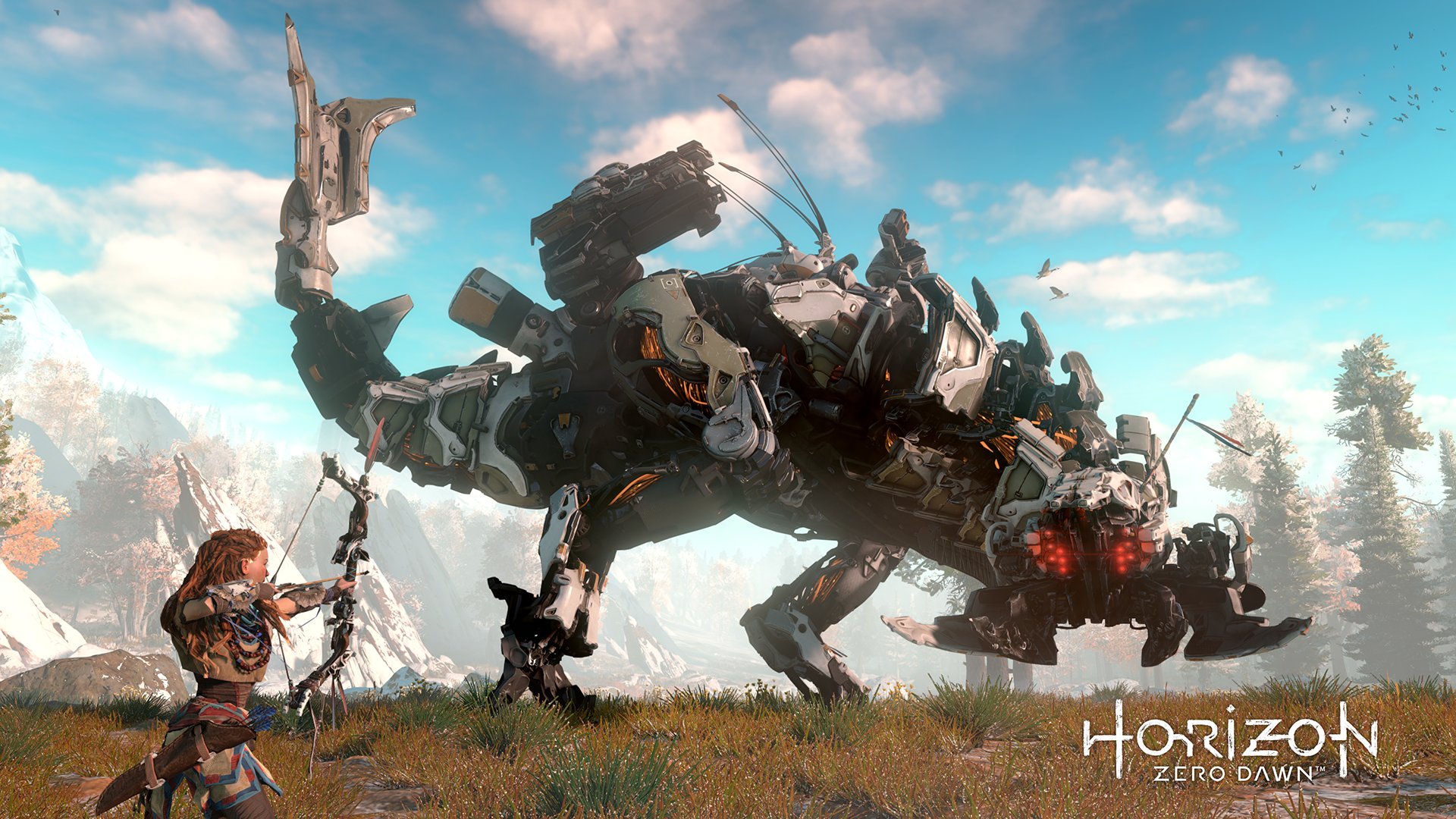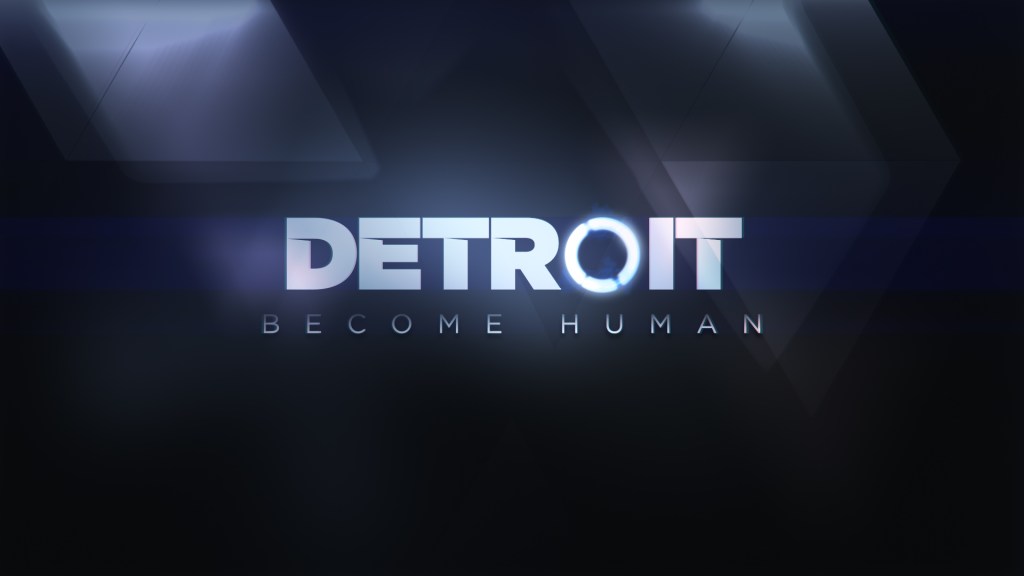Don’t judge a book by its cover. A rose by any other name would smell as sweet. The list of idioms goes on, but they all ignore the simple truth that we as consumers are superficial and suspicious of spending money on unknown commodities. The even simpler marketing truth is that titles matter. From books to movies to articles titles (look at me getting meta), what you name a product affects its prospects.
With Quantic Dream, the developer behind the upcoming Detroit: Become Human, which is following up their previous title Beyond: Two Souls, you have to wonder if their names leave something to be desired. The biggest issues with these two titles is that they are wordy but somehow still nondescript.
It’s almost like Quantic Dream couldn’t decide on a title, so they put a colon in between their two favorite suggestions. Beyond. Two Souls. Beyond: Two Souls. Detroit. Become Human. Detroit: Become Human. Each half conveys a separate idea not suggested by the other, and neither is elevated when combined.
Of course, Beyond: Two Souls sold relatively well, by all accounts (selling more than a million copies is hardly ever considered a failure). But, even as a fan of the studio, I have to wonder if it could have done even better.

That’s not to say that other games haven’t found success with equally bad, or even worse, titles. Take one of the most successful PS4-exclusives this year: Horizon Zero Dawn – what in the world does that mean? (And before hardcore players try to school me on what it actually means after three playthroughs, the point is that the name doesn’t sell itself). However, Horizon Zero Dawn was advertised very well. In lieu of a great title, they showed a wealth of gameplay that attracted a lot of players who clearly spent a lot of money supporting it.
Detroit: Become Human, on the other hand, had an entire segment at E3 this year, and the trailer only showed two segments of actual gameplay: one where the player had to choose where exactly to hide, and one where the player had to press one of two buttons indicating whether he would accept or refuse an item from another character.
In fairness, it is hard to advertise a game like Detroit: Become Human, or any of Quantic Dream’s games for that matter. More than anything else, they are interactive movies, and the only real gameplay comes in the form of quick-time-events (in the case of Heavy Rain, very difficult quick-time-events, but still). Beyond: Two Souls had the star power of Willem Dafoe and Ellen Paige to drive sales. Detroit: Become Human‘s main star power on display at E3 this year is Jesse Williams, who you will only know if you watched Grey‘s Anatomy or were especially attentive to Cabin in the Woods (which you should have been).
The ultimate rub of Detroit: Become Human is that you won’t know what it’s all about unless you already do, and the most recent E3 trailer didn’t do it any favors. Even a more simple, elegant title such as Detroit would do a better service, establishing setting and perhaps tone with proper style. Overall, it’s a small gripe, not anything that would hurt it upon review, but it may affect how many people are interested in that review, and it could help explain the lack of excitement coming from the PS4 press conference.







